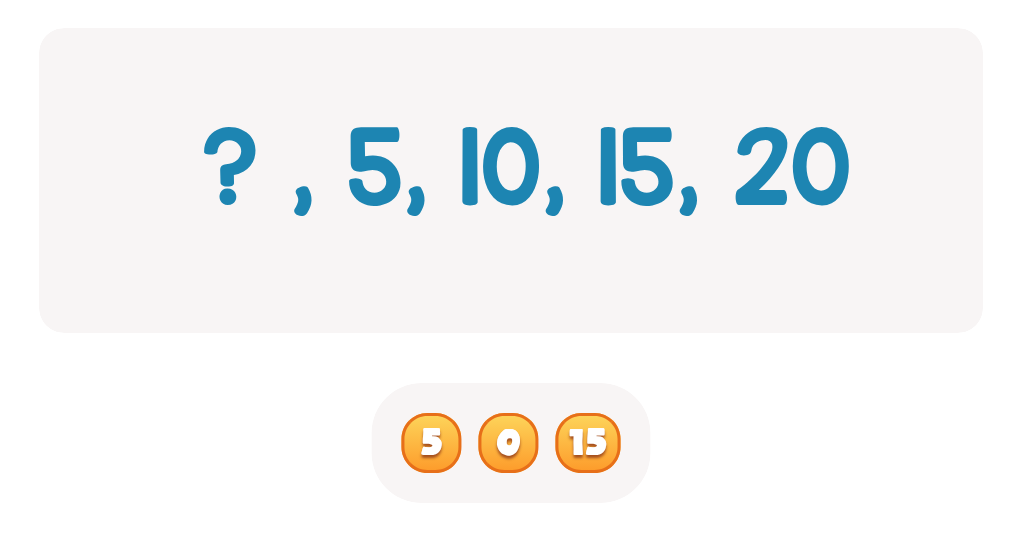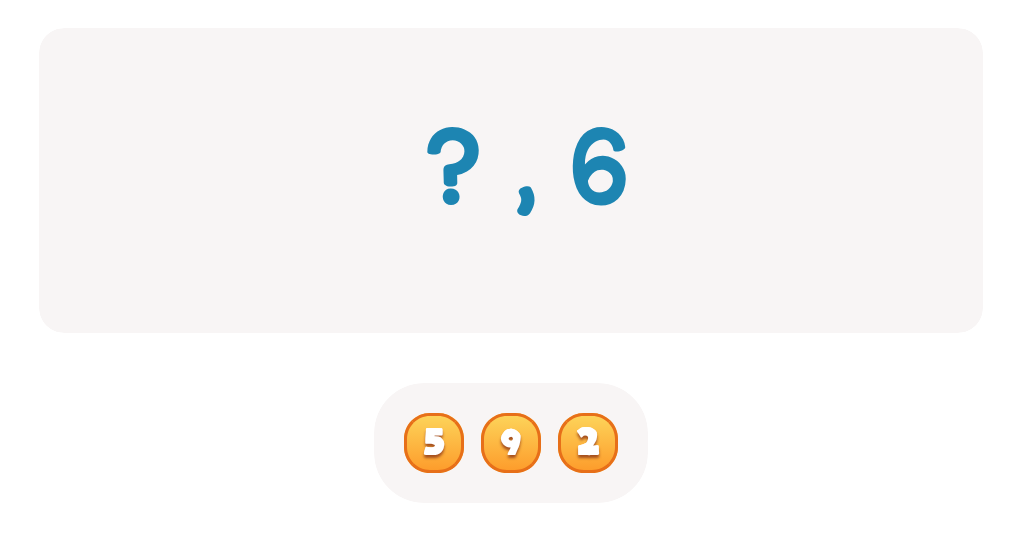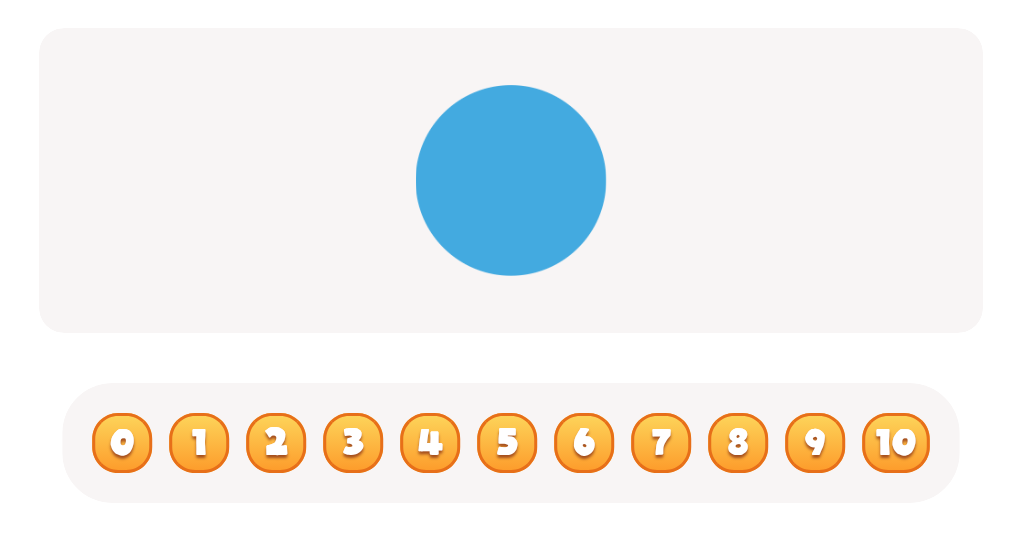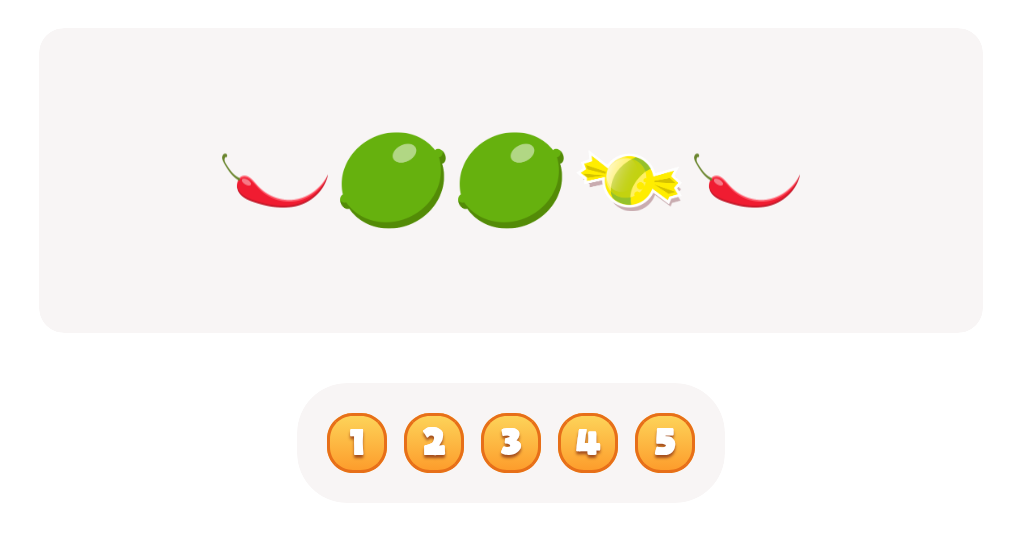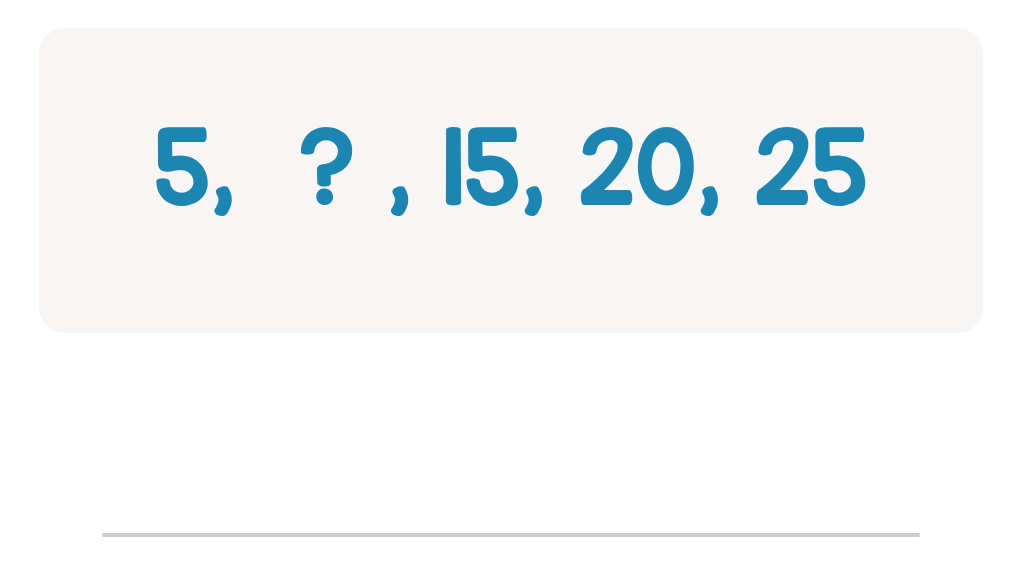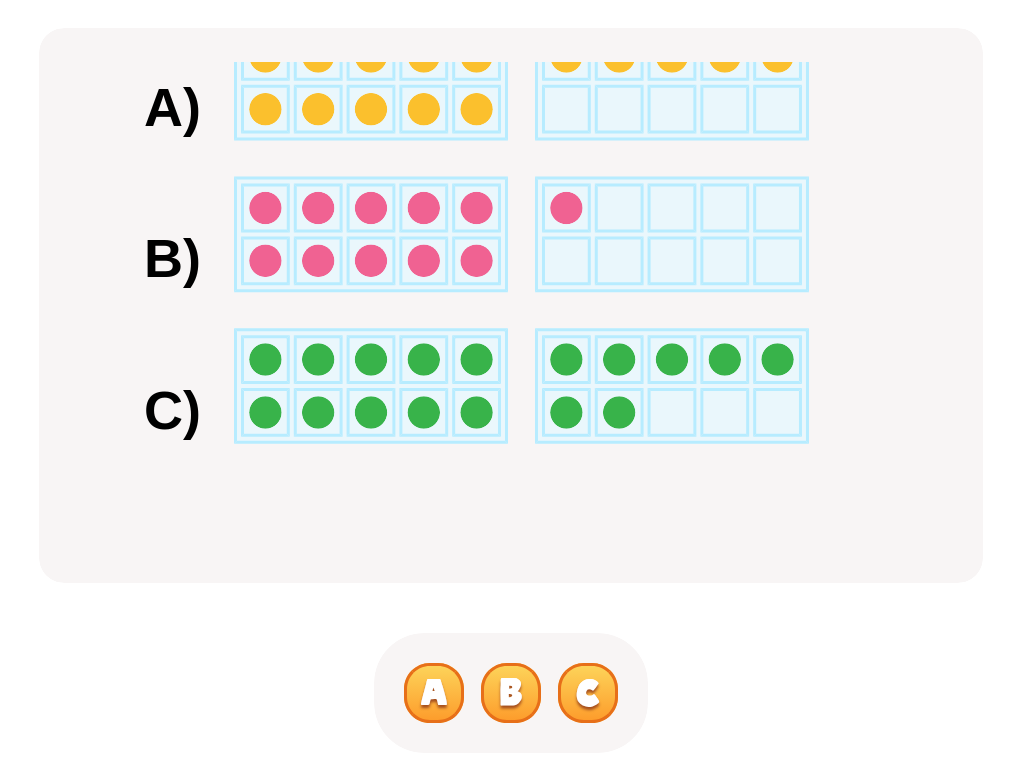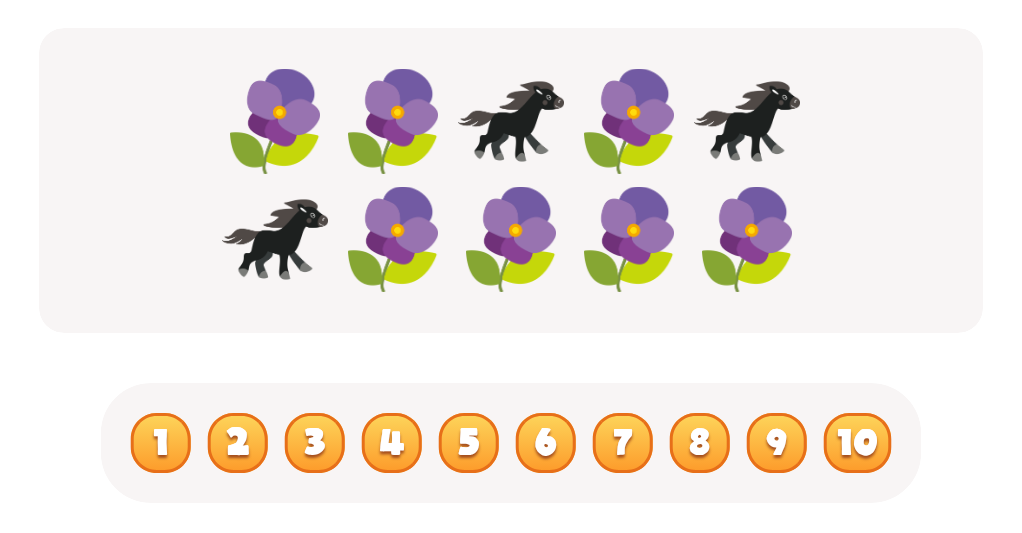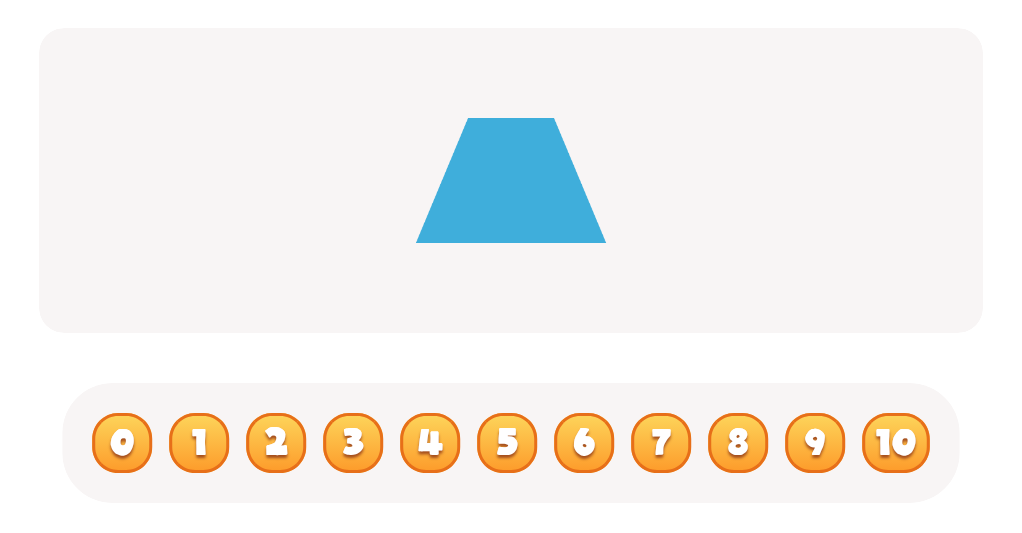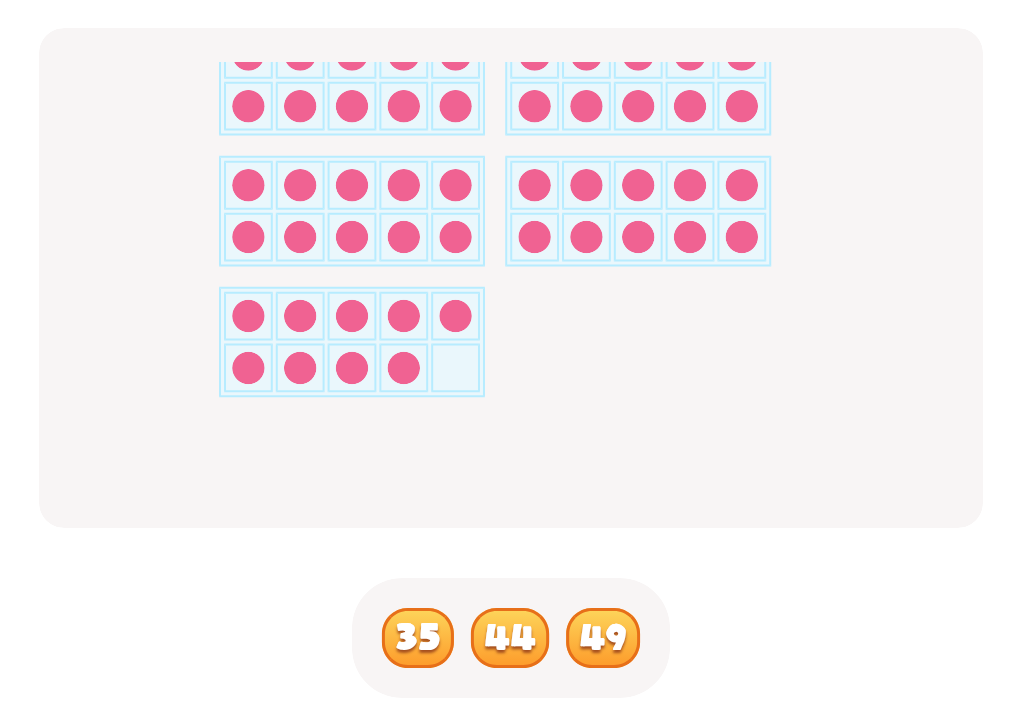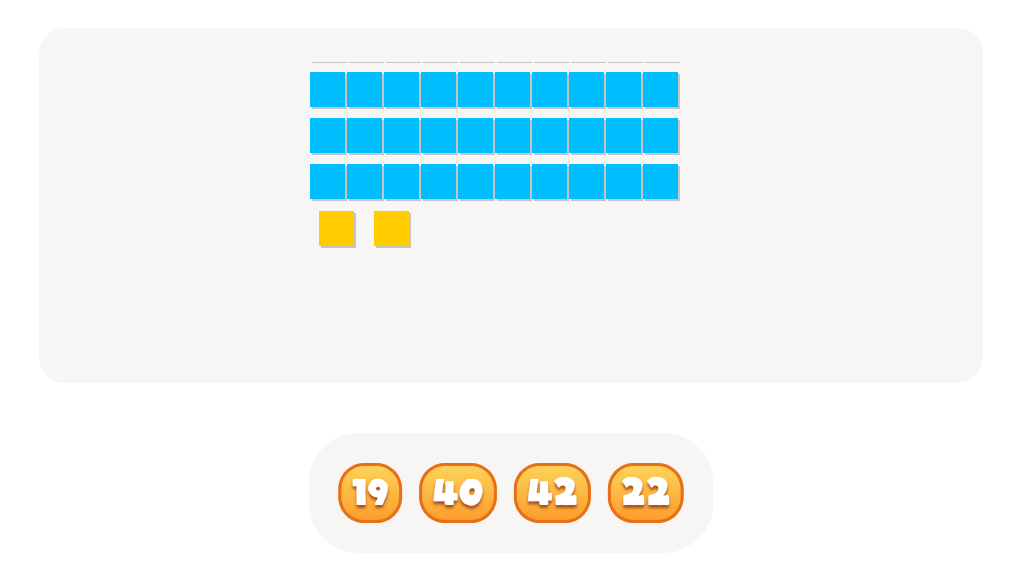Extra Challenge Counting Worksheets for Ages 4-7
7 filtered results
-
From - To
Discover our engaging Extra Challenge Counting Worksheets for ages 4-7, designed to boost early math skills through fun and interactive activities. These printable worksheets offer a variety of counting exercises, helping young learners develop their number recognition, sequencing, and basic addition skills. Tailored for children ready for a challenge, each worksheet features colorful illustrations and stimulating problems that encourage independent thinking. Ideal for classroom use or homeschooling, our resources aim to make learning enjoyable while enhancing mathematical understanding. Explore our collection and give your child the tools they need to excel in early math concepts while having fun!
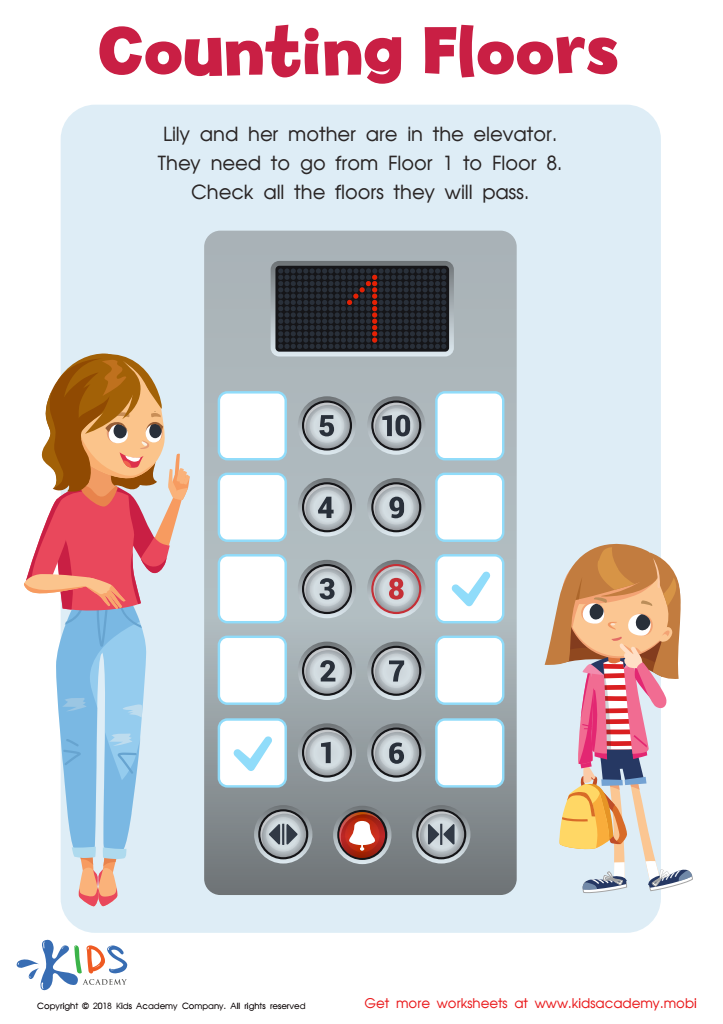

Counting Floors Worksheet
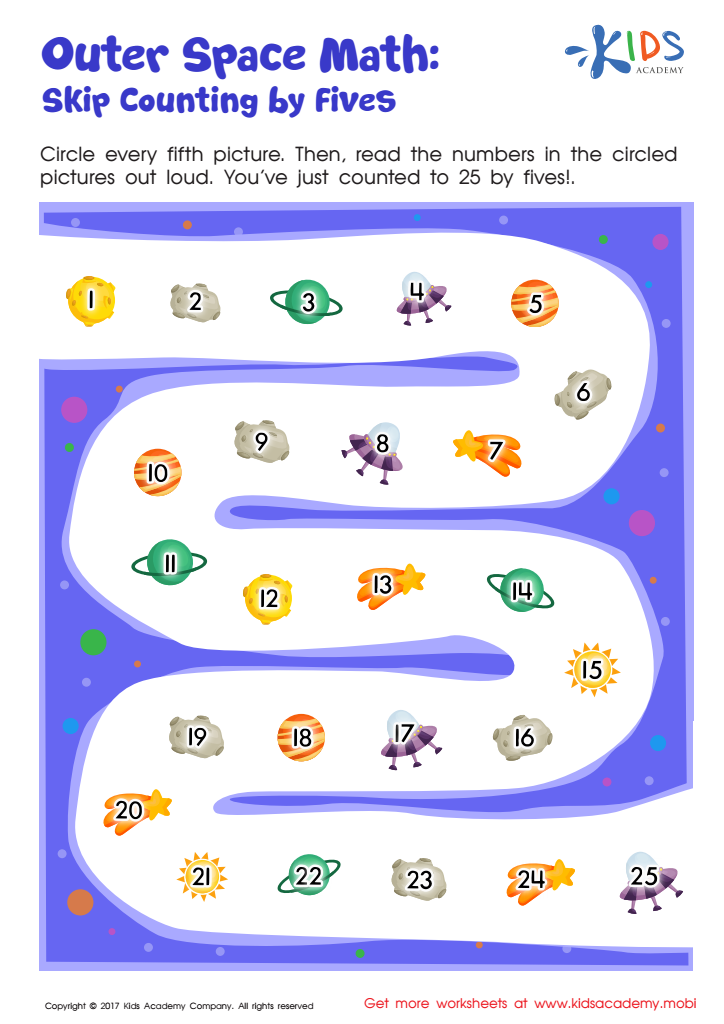

Skip Counting by 5s: Outer Space Math Printable
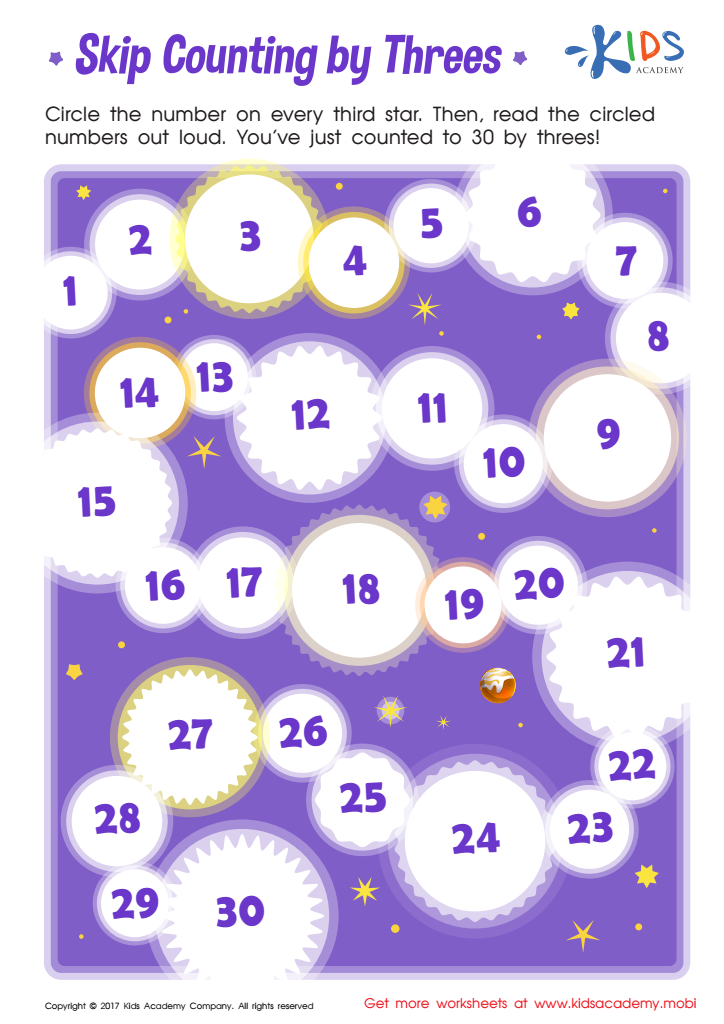

Skip Counting By Three Printable
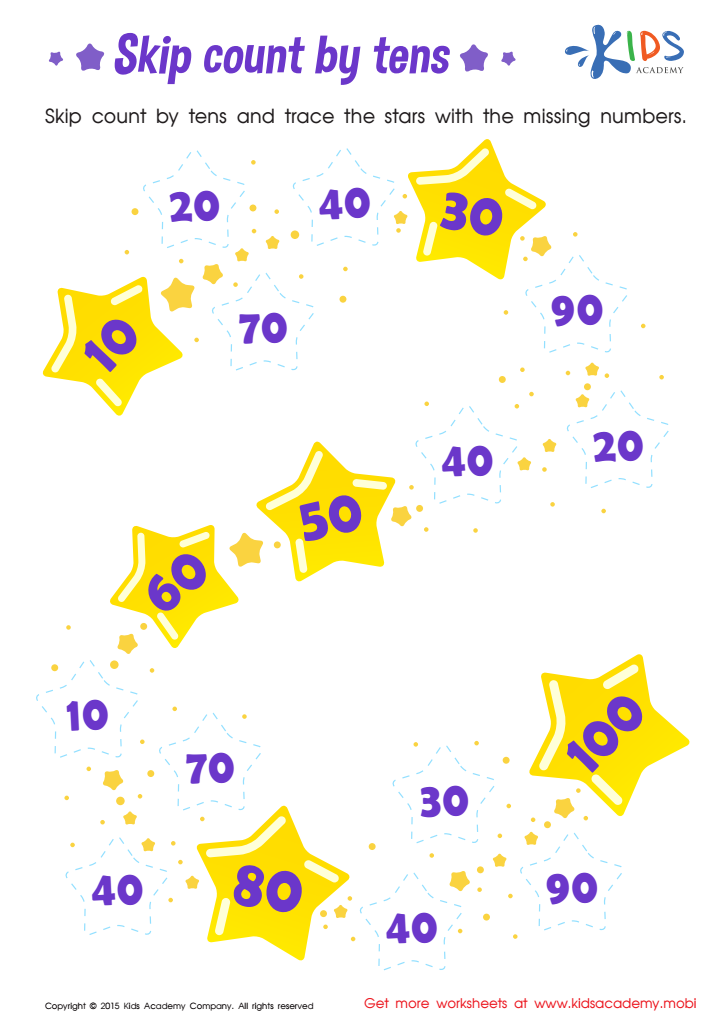

Learn dozens: Skip Count by Tens Printable
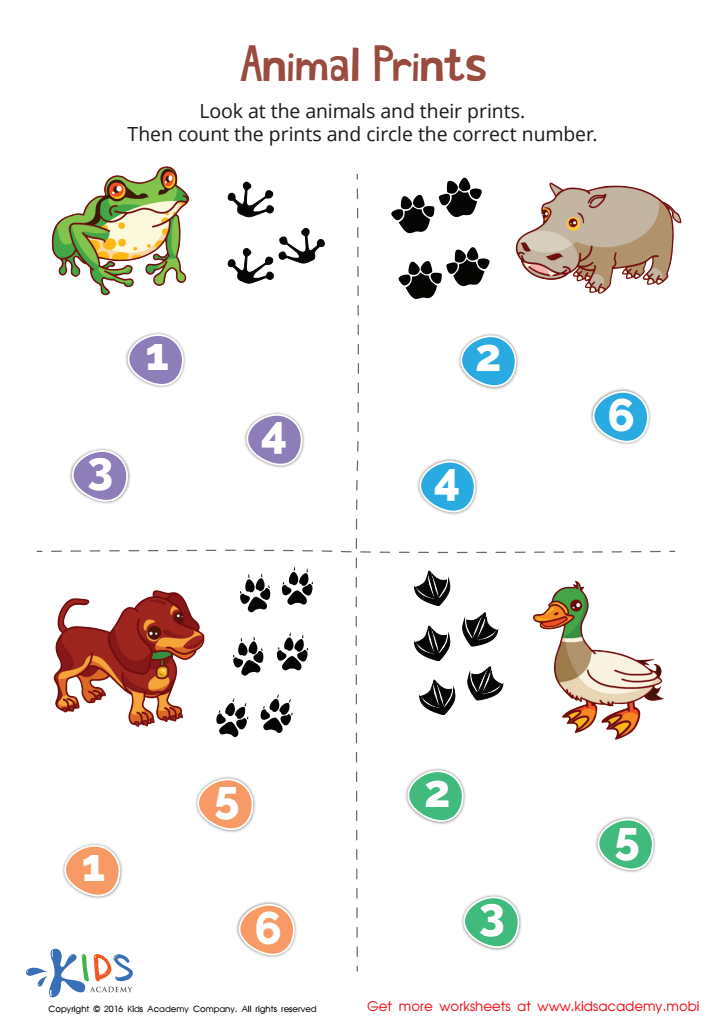

Animal Prints Match-Up Worksheet
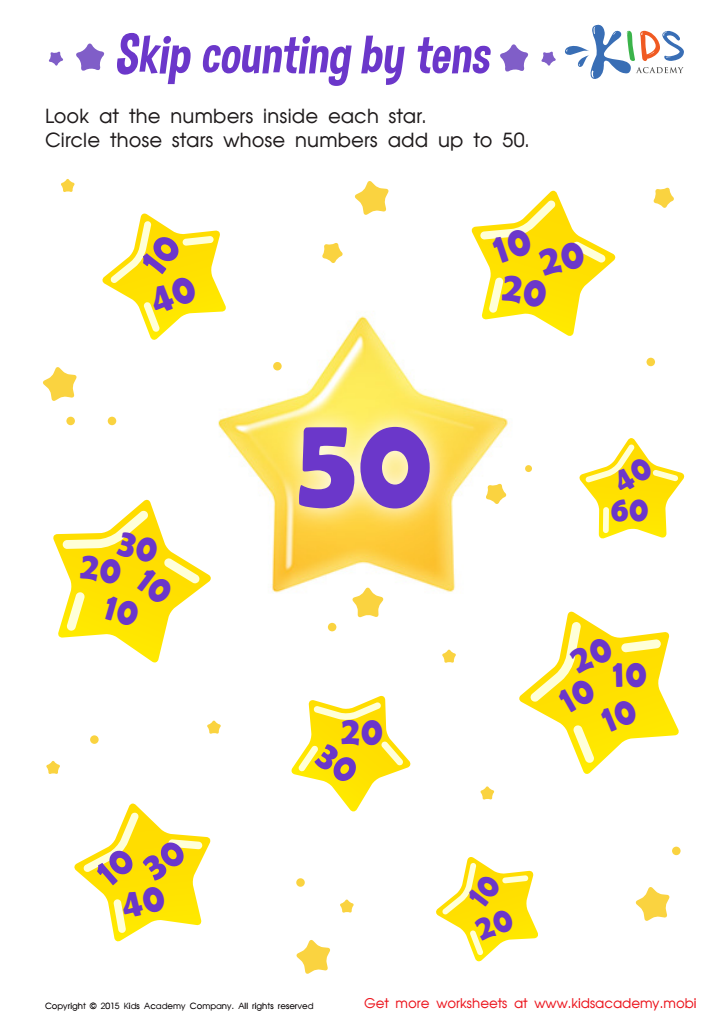

Learn Dozens: Skip Counting by Tens Printable
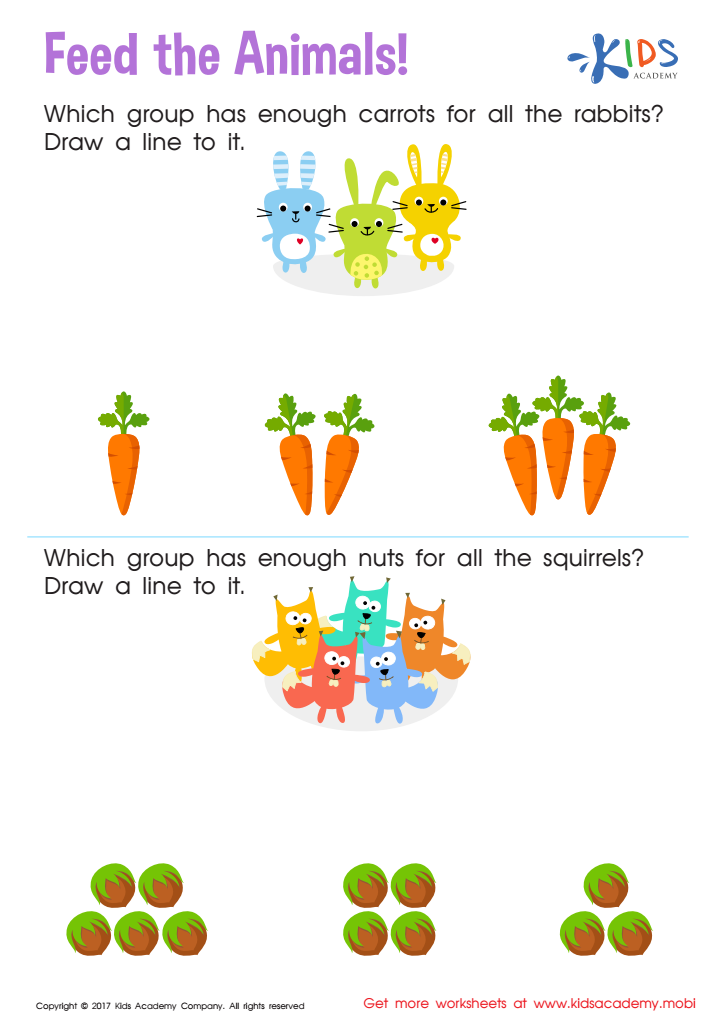

Count and Match: Feed the Animals Worksheet
Extra Challenge Counting for ages 4-7 plays a vital role in early childhood development, fostering a strong mathematical foundation that benefits children's cognitive growth. Engaging in advanced counting activities introduces children to concepts such as grouping, one-to-one correspondence, and skip counting, enhancing their numerical fluency and problem-solving skills. This early exposure empowers children to tackle more complex mathematical concepts in later years with confidence.
Moreover, extra challenges can instill a love for learning and mathematics, making the subject feel enjoyable rather than intimidating. When children are encouraged to explore counting beyond their current skills, they develop perseverance and critical thinking abilities, essential for future academic success. It also promotes a growth mindset; understanding that abilities can be developed through practice and effort.
For parents and educators, providing extra counting challenges offers an excellent opportunity to bond over learning activities, reinforcing relationships while contributing to a child’s positive attitude towards education. Furthermore, tailoring these challenges to individual skill levels ensures that each child feels supported, engaged, and confident. Ultimately, Extra Challenge Counting nurtures essential skills, fortifies self-esteem, and prepares young learners for future academic endeavors.
 Assign to My Students
Assign to My Students
